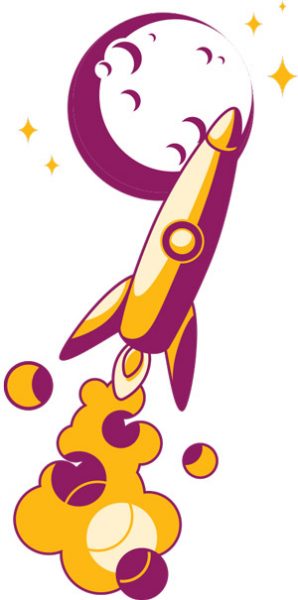The Future of Human Spaceflight
College of Science and Mathematics

This year marked the 50th anniversary of the incredible feat of landing the first astronauts on the moon. NASA’s Apollo 11 mission inspired generations of students and led to technologies which benefit us here on Earth every day. These include kidney dialysis machines, flame retardant clothing for firefighters, memory foam and rechargeable hearing aids. After the conclusion of the Apollo Program, NASA flew 135 Space Shuttle missions which included construction of the International Space Station (ISS) where humans have continuously lived since Nov. 2, 2000. Many students who entered Georgia Southern University this fall semester have never lived at a time when humans were not living and working in space.
The future of human spaceflight is no less exciting right now than it was during the Apollo era. American companies will launch astronauts to the ISS aboard their rockets within the next year. Space tourism companies are planning to launch private citizens into space. NASA is building the world’s most powerful rocket, the Space Launch System (SLS), which will take humans back to the moon and to Mars. The initial test flight of the SLS rocket with the Orion crew capsule is planned for late next year. NASA’s goal is to land two astronauts, including the first woman, at the moon’s south pole region by 2024. Living on the moon will serve as a stepping stone to launching the first humans to Mars.
Georgia Southern alumni have played key roles in America’s spaceflight successes. Charles Abner (Math, ’67) joined NASA during the Apollo Program and later became the Space Shuttle Chief Engineer at the Kennedy Space Center (KSC). James Kennedy (MBA ’77) served as the Deputy Center Director at the Marshall Space Flight Center and the Center Director at KSC. In 1999, Chris Fairey (Physics and Math, ’69) was serving as the Director of Safety and Mission Assurance at KSC when he arranged to have several Georgia Southern flags flown aboard the Space Shuttle Orbiter Discovery on a mission to the ISS. As a Georgia Southern alumni, I’m proud to have one of those flags displayed in my office.
— Andy Warren, NASA/Marshall Space Flight Center,
Space Launch System Program, Cross Program Integration
